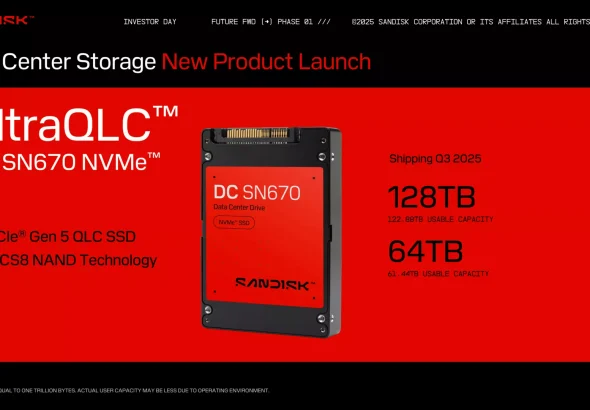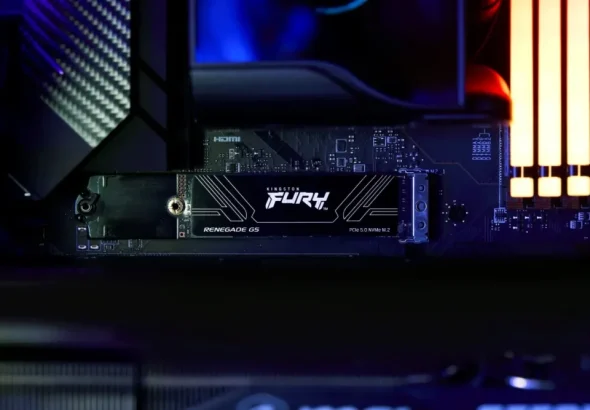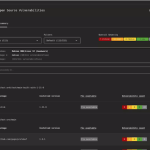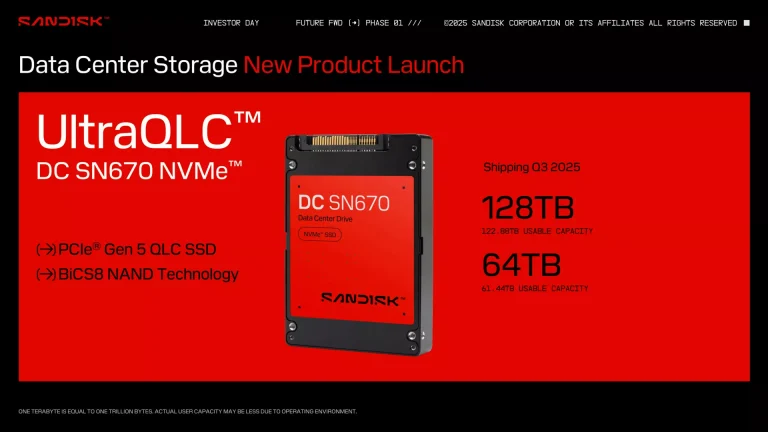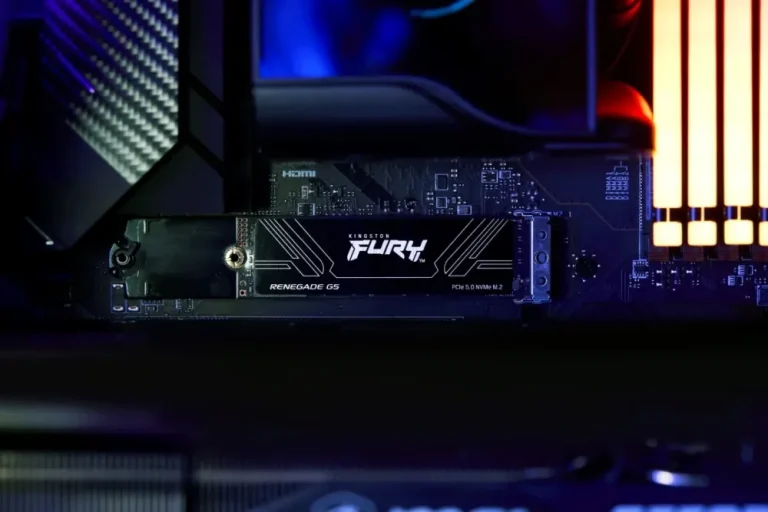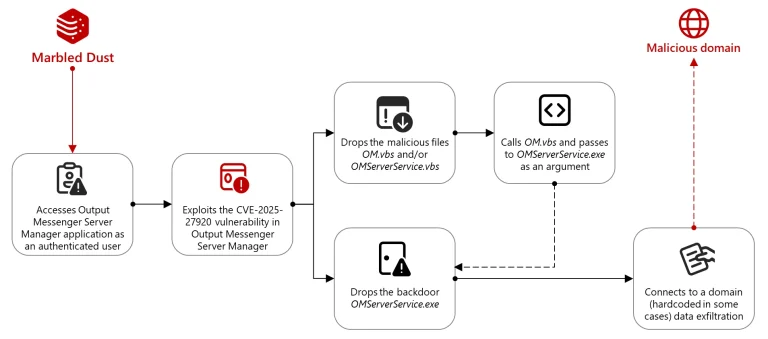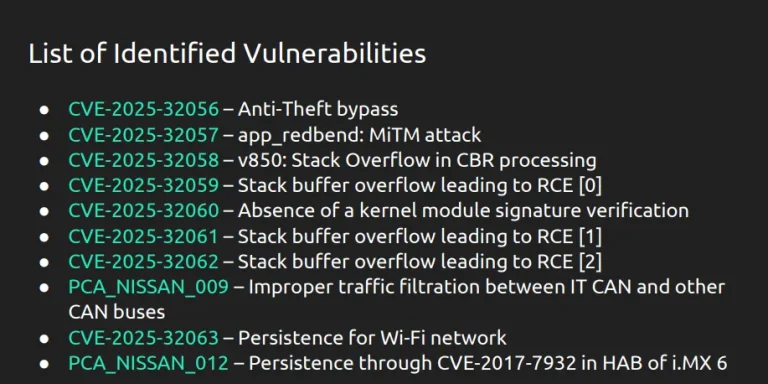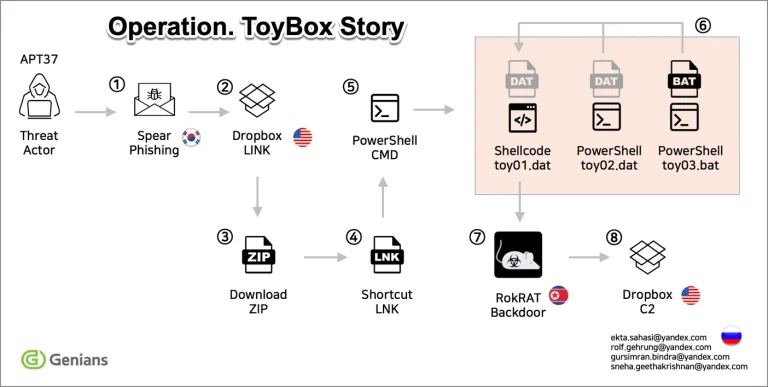The Trump administration has adopted a significantly tougher stance on China’s technological advances, issuing a stark warning...
Microsoft has released its May Patch Tuesday security update, addressing 72 vulnerabilities across its product ecosystem—including five...
Ivanti has issued a warning to its clients regarding two newly discovered vulnerabilities in its Ivanti Endpoint...
According to reports, Perplexity.ai is currently in discussions to secure a new funding round of $500 million,...
SanDisk, a renowned memory manufacturer, is currently developing a high-capacity solid-state drive (SSD) architecture under the codename...
Kingston has unveiled the new Renegade G5 PCIe 5.0 NVMe M.2 solid-state drive under its Kingston FURY...
The U.S. Cybersecurity and Infrastructure Security Agency (CISA) has announced that, moving forward, it will publish only...
The APT group known as Marbled Dust, believed to be affiliated with the Turkish government, has orchestrated...
The ClickFix method, rooted in social engineering, has now extended beyond Windows. Researchers at Hunt.io have uncovered...
Google has agreed to pay the state of Texas $1.375 billion in settlement of two lawsuits alleging...
The developers of the DragonFlyBSD operating system have released version 6.4.2 just one week after the debut...
A group of European white-hat hackers from the Budapest-based company PCAutomotive has demonstrated a remote hack of...
In March 2025, cybersecurity specialists from South Korea’s Genians Security Center uncovered a new operation orchestrated by...
Shelves at the British retail chain Co-op remain partially empty two weeks after a cyberattack disrupted the...
The credentials of an employee affiliated with two prominent U.S. government entities—the Cybersecurity and Infrastructure Security Agency...


